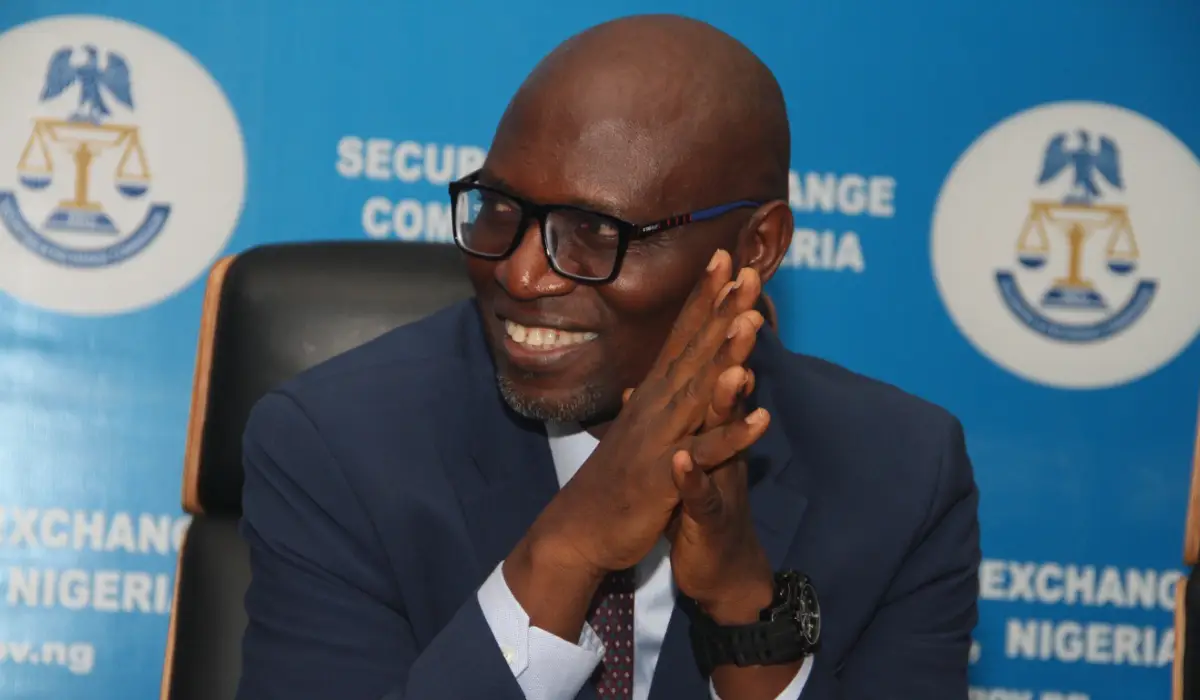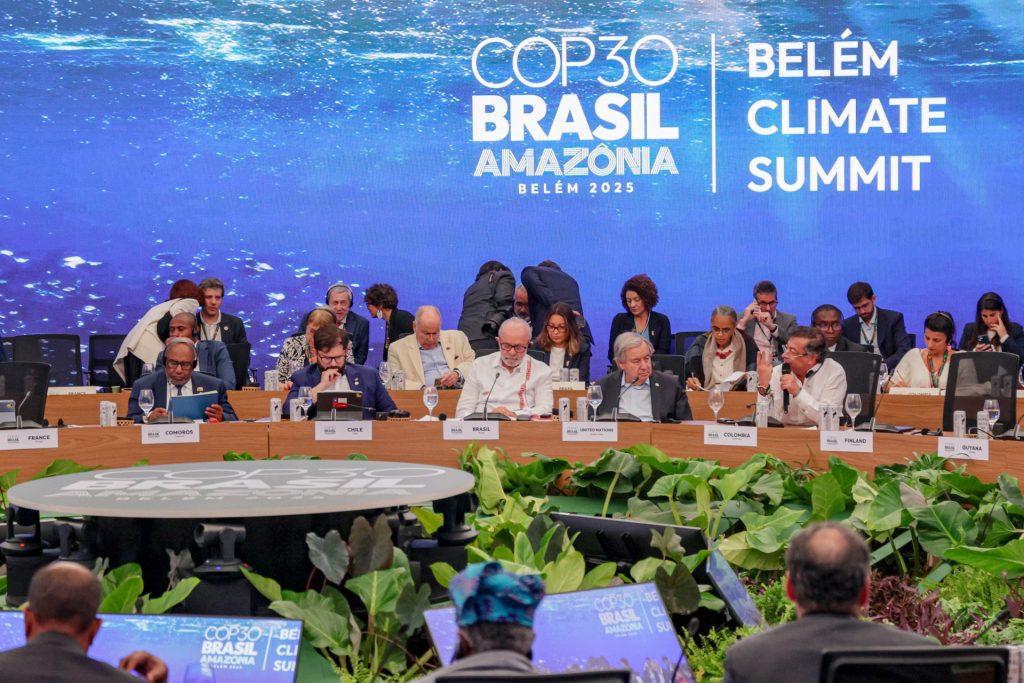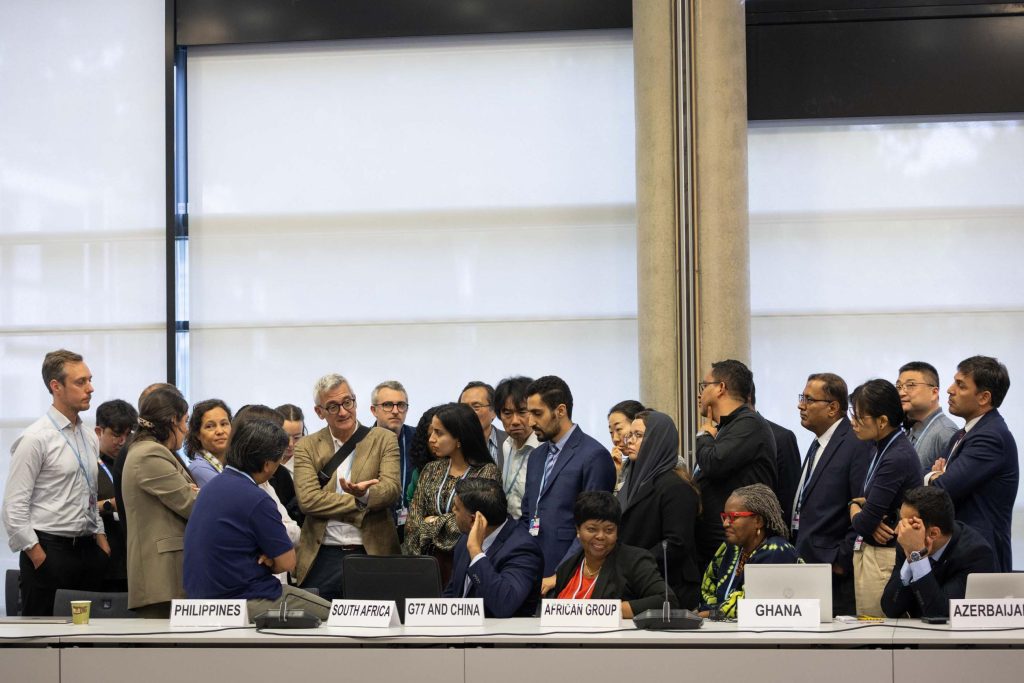Nigeria recently announced plans to issue a US$250 million sovereign green bond in September 2024. Proceeds from its issue will be used to support the implementation of climate mitigation and adaptation projects, under the leadership of its Minister of Environment – Balarabae Abbas Lawal. While the country’s recent announcement to tap into the market in the immediate months to COP29 in Baku is positive, as the second largest economy, Nigeria may be punching below its weight.
Green bonds provide sovereigns, local governments and corporations an opportunity to raise money on the capital markets that can be used for renewable energy, alternative energy and GHG mitigation projects. Despite criticism against their impact on debt distressed countries (as the increase overall indebtedness), they present a useful pathway to leverage climate finance and are also a cheaper source of finance.
This year alone has led to the issue of more than US$400 billion worth of green bonds, after growing by more than 125 percent in 2023, demonstrating a strong global appetite for them. Notwithstanding this growth, Africa’s uptake is a mirror image of its general access to climate finance, raising only US$4.9 billion. This has been driven largely by the African Development Bank’s combined US$3.1 billion, and Côte d’Ivoire’s US$1.1billion deals issued in January.
For a country that needs US$10 billion per annum, and a cumulative US$410 billion to finance the transition of its economy, Nigeria’s pace in securing transition finance is slow. If successful, this month’s issue will be the third one in the last seven years, having debuted a five year note in 2017, and another in 2019 (US$71 million). Both of these generated losses for the government, raising questions about the quality of investment. Other regional economic giants have more ambitious plans. Egypt for instance, was reported to be considering US$700 million issues in 2024, with an additional US$5 billion in the pipeline, having secured a US$750 million in its maiden issue under its green bond program.
On the domestic market front, Nigeria through its green bond program, has designed a platform for collaboration between the Federal government and key private sector players. This has resulted in the private sector participating in the issuance of domestic green bonds that have been used to finance key renewable energy projects. These are small issuances for small projects given the scale of finance needed by the country. If the plan is to crowd in private sector participation in raising finance for climate action by the Federal government, then the quality of investments goes without saying.
The failure rate of projects financed by green bonds in Nigeria must be reduced drastically. Private sector actors have called for better engagement in project design, monitoring and evaluation, particularly around energy related projects to enable both private finance and the government to unlock the capital needed to finance projects. Enhanced local participation for projects in agriculture and forest preservation, can also prevent significant losses and provide a platform on which to raise more funds, without jeopardising the fiscal health of financiers – government in particular.
Suffice to say that South Africa – a comparable peer of Nigeria in economic size and perhaps governance structure to some extent – at close of 2021 had more than 10 different bond issuers, mostly local governments and financial institutions in support of different climate and renewable energy projects. At the same time, Nigeria registered only five domestic issues, with the largest being the Federal government, with no local government participation.
Nigeria’s peers mean business, and have developed the necessary project pipelines in support of their strategies, and in the case of South Africa, a decentralised strategy that empowers local governments to tap into the market. Nigeria must rethink its strategy and approach to tapping into green bonds.
Perhaps the time has come for a collaboration between the Federal government on the one hand, and state and local government on the other, to drive the issuance of bonds at a local level. Partnerships with the World Bank, UNEP, IFC, AfDB and the Climate Bonds Initiative delivered results in the past, but in the last five years have seen little movement in terms of domestic issuance. Recent efforts such as the launch of an Impact Board for listing sustainability instruments, through the efforts of the Green Bond Advisory Group, may hold some promise.
Green city bonds and municipal bonds, come in handy to aid the development of climate smart infrastructure in economically vibrant cities such as Lagos. But to realise this, there is a need for extensive capacity building and guidelines, principles and standards for green bonds. The silver lining is that the government does not need to reinvent the wheel. Evidence from Cape Town where the city government leveraged a green bond to solve a severe water crisis is exemplary. The State of Gombe has followed this template to raise the equivalent of US$19 million green bond to finance key infrastructure projects, to demonstrate that the template really works.
To develop a robust sovereign green bond market, Nigeria must focus on building comprehensive project pipelines aligned with green bond programs. Collaboration between Federal and State governments is essential to support local government issuances. Leveraging successful regional examples and coherent strategies will drive sustainable finance and achieve climate goals effectively. These will position and prepare the country adequately to take opportunities that COP29 may present in the area of finance for climate action.





